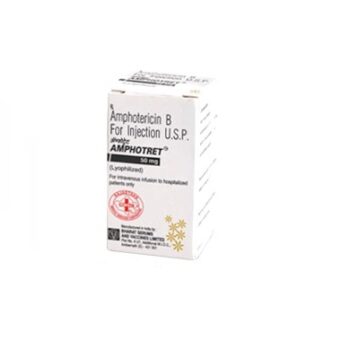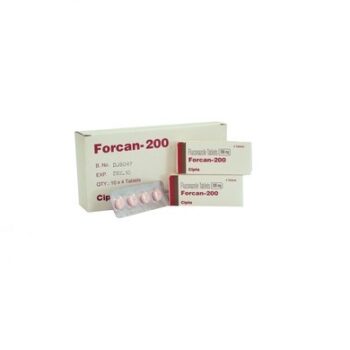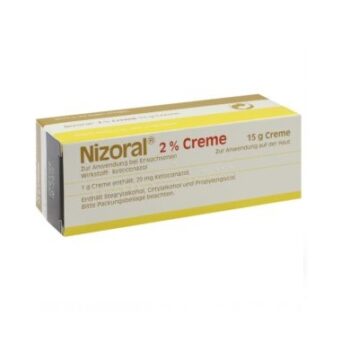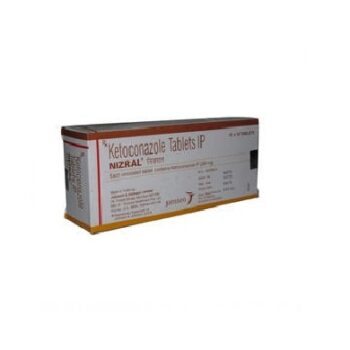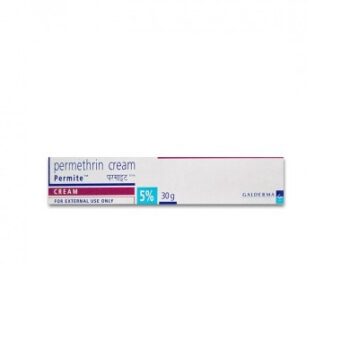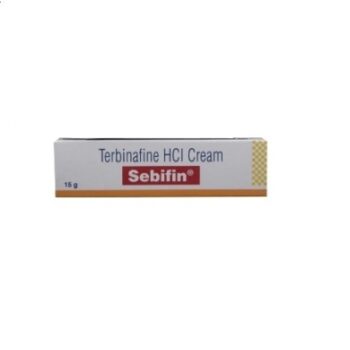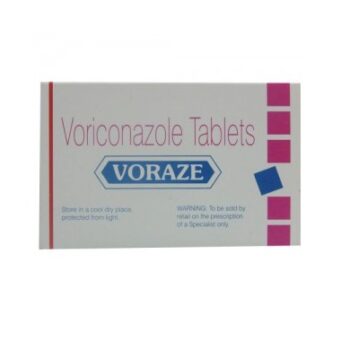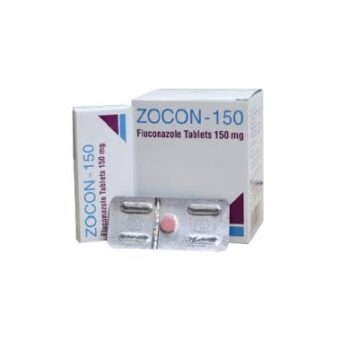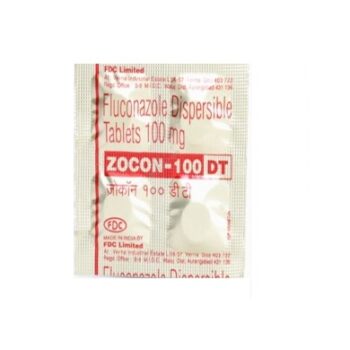Antifungal medicine
Showing all 10 results
Antifungal Medicine
Antifungal medicine treats fungal infections. Fungus in the air, soil, and on your skin can cause ringworm, yeast infections, and skin and nail infections. If you breathe in fungal spores, it can cause respiratory illnesses. People with weak immune systems risk suffering from fungal infections. They need this medicine.
How does antifungal medicine work?
It works either by:
- Killing the fungus
- Preventing the growth of the fungus
Who is at risk of suffering from fungal infections?
Anyone can get affected by a fungal infection. Most fungi cause no issues, or you can treat the infections in a quick way. People having compromised immune systems are at high risk. Such infections are opportunistic infections and are life-threatening for individuals having:
- Cancer
- AIDS
- Organ transplants
- Autoimmune diseases such as lupus
- Stem cell or bone marrow transplants
What does antifungal medicine treat?
They treat many types of fungal skin infections, such as:
- Ringworm, jock itch, and athlete’s foot
- Dandruff
- Vaginitis, vaginal yeast infection, esophageal candidiasis, and thrush
- Fingernail and toenail infection and fungus
They treat more dangerous fungal infections such as:
- Blood infection or candidemia
- Valley fever or lung infections, pneumocystis pneumonia, and aspergillosis
- Meningitis or brain infection
- Rhinosinusitis or sinus infection
- Ocular histoplasmosis syndrome or eye infection
Individuals are at risk of developing one of these more serious fungal infections. It is if they have a weakened immune system. For instance, taking medicines to suppress their immune system.
How to take these medicines?
Many over-the-counter and prescription anti-fungal medicines are available now. Talk to your doctor about the treatment to opt for. They come in different forms, like:
- A tablet, capsule, or liquid
- A cream, ointment, gel, or spray
- A pessary: It is a small soft tablet you can place inside the vagina
- An injection
Common names for these medicines are:
- econazole
- clotrimazole
- fluconazole
- miconazole
- nystatin
- ketoconazole
- amphotericin
- terbinafine
Side effects
The side effects of these medicines vary. Results depend on the type of medicine, dosage, and fungus. You may get affected by side effects such as:
- Pain in the abdomen, stomach upset, and diarrhea
- Skin rash, burning sensation, and itchy skin
In rare cases, an antifungal medicine can cause serious issues such as:
- Liver damage
- Severe allergic skin reactions like peeling skin and blisters
- Severe allergic reactions such as anaphylaxis
Things to consider when using these medicines
Before you use these medicines, talk to your doctor about these:
- any present conditions or allergies that may impact your fungal infection treatment
- any possible side effects of such medicines
- if this therapy may interact with other medications, you are already using
- if your medicine is suitable to use during pregnancy or if you are breastfeeding
When should you visit a doctor?
Consult a doctor if you think you have any fungal infection. A doctor will tell you which medicine will best suit you. If you take too much of it, tell your doctor. If your doctor recommends going to a hospital, take the medicine packaging with you. Thus the healthcare professionals who will treat you will be aware of what you have used.

